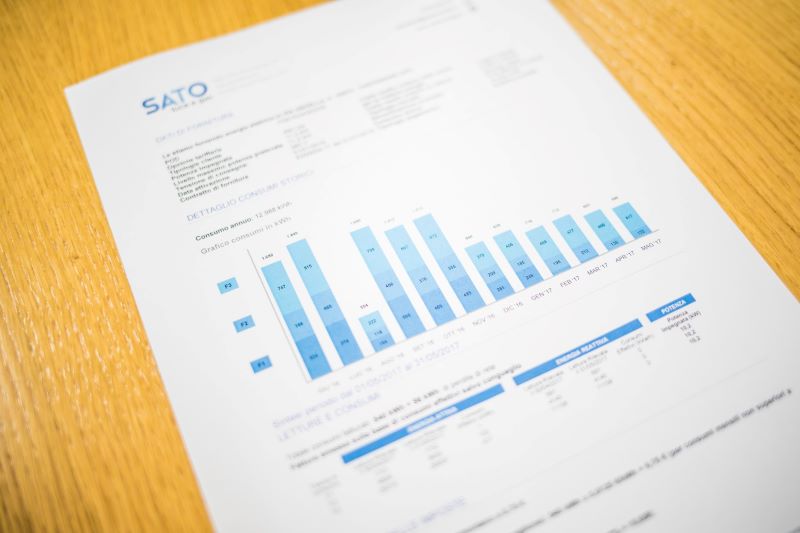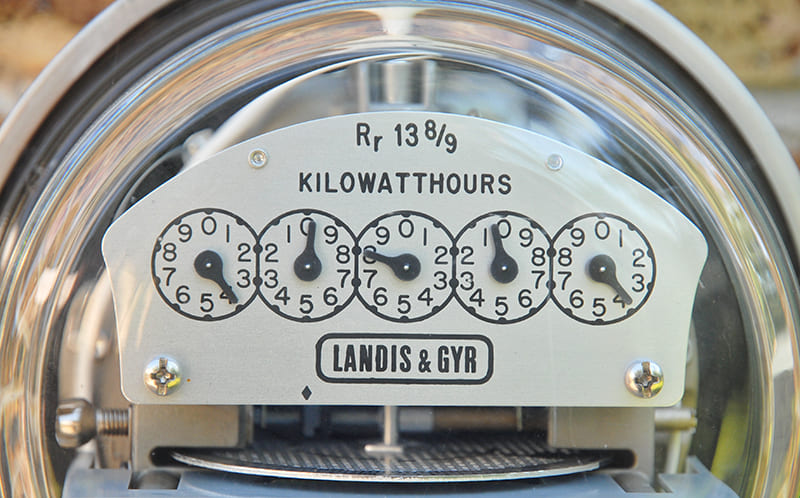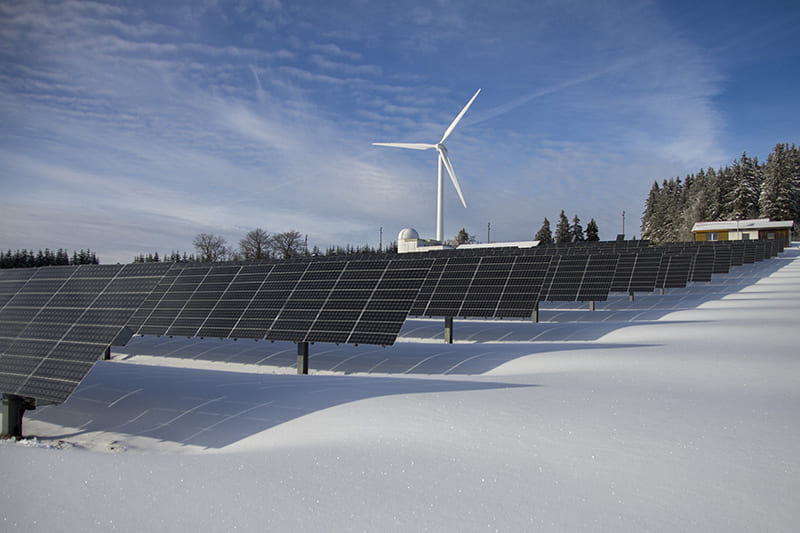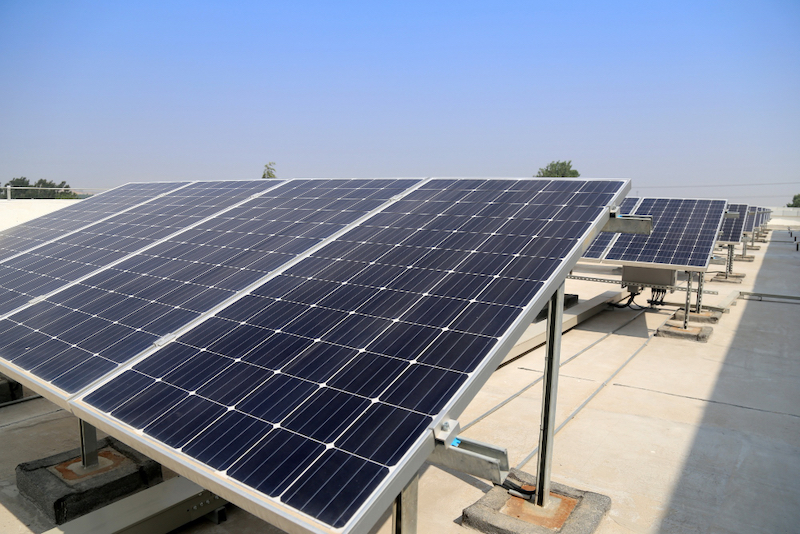
Before creating an effective energy management strategy for your business, you need to understand how you use energy, and the best way to do that is to run an energy audit. The outcome of an energy audit is a list of recommendations to decrease your energy use and create more stable, predictable energy bills in the future. With a better understanding of your unique energy situation, you can make smart energy management choices that save you money and help reduce your carbon footprint. That’s why an audit is a crucial first step in crafting an energy management strategy for your business.
What is an energy audit?
An energy audit identifies opportunities for savings by tracking where, when, why, and how your business uses energy. You can use this information to increase efficiency and conserve where possible.
First, it’s essential to understand that there are different levels of energy audits. Some may take only a few hours, providing a quick evaluation and recommendations for the obvious changes you can make. At the opposite end of the spectrum are comprehensive, in-depth evaluations that may last for months, including follow-ups to check the efficacy of your changes. Some audits fall in the middle in terms of length and depth of the evaluation and resulting recommendations.
If you need assistance determining which type is right for you, an energy management consultant can assist you in deciding what level of audit best suits your goals.
How is an energy audit different from energy management?
An audit is a one-time effort that identifies areas of concern and opportunities for improving your energy efficiency. After evaluating your building, equipment, processes, and previous energy bills, your auditor will recommend ways to decrease your energy use. These could be simple, free, or inexpensive changes like altering your delivery routes or patching areas where temperature-controlled air leaks from your buildings. Or it could be more extensive, systemic changes like replacing your fleet with more fuel-efficient vehicles or upgrading major equipment.
Energy management is an ongoing process for managing and reducing your business’s energy expenses and reaching the environmental goals you’ve set. Although it includes implementing the suggestions resulting from your audit, energy management goes further, measuring the efficacy of your changes, comparing your results to your goals, and continually striving to optimize your usage. Your energy management plan should constantly evolve to ensure it keeps up with your changing, growing business and relevant new technologies as they become available.
What does an energy audit include?
A comprehensive energy audit for a business takes a multi-pronged approach to evaluate your use. A thorough audit will likely include the following steps:
Inspection and testing
Your auditor will inspect the condition, age, and placement of structures and equipment to understand how you use energy. In addition to a visual inspection, the auditor will use advanced technology to check for air leaks, furnace efficiency, thermal leaks, and other factors that affect your energy use.
Energy bill evaluation
The auditor will also review past utility bills. This analysis will provide a better understanding of the cycles of your energy use over time. How much of your consumption is for your base load, and how much is seasonal? When are your peak consumption times? A review of your bills helps your auditor answer these questions and create a more detailed portfolio of your company’s energy consumption patterns.
Recommendations for efficiency improvements
Your auditor will make recommendations based on what they learn through the evaluation and testing processes. They will design an energy efficiency and conservation strategy to solve the issues discovered in the audit. This might include converting existing fixtures to LED, modernizing your furnace system, upgrading old equipment to more energy-efficient models, or improving thermal insulation.
Costs of an energy audit
Some utility companies or service providers will offer free energy audits, which quickly evaluate common areas of concern. These reviews can provide valuable insights, but because they don’t perform in-depth testing, they will not identify all areas where you could make changes. If you are looking for a quick evaluation and some easy-to-accomplish changes, this might be the right approach for you. If you are looking to use your audit as the springboard for an overall energy management strategy, this type of evaluation may not provide sufficient insight.
A comprehensive audit will offer far more insights into your usage and areas for improvement. Fees for an in-depth energy audit vary based on location, size, and type of your building or buildings, the nature of your business, and how much equipment you have.
In many locations, rebates or other incentives will cover much or even all of the cost of your audit. Additionally, the money you save through your increased energy efficiency will often quickly offset the audit expense.
The cornerstone of your energy management strategy
A comprehensive energy audit is key to an overall energy management strategy. Knowing how you use energy is vital to making adjustments that lower costs and decrease waste. It may also help you determine which energy plans or energy providers are the best fit for the way you do business. An energy efficiency consultant can help you take the audit results one step further, using the auditor’s findings to help you take charge of your energy spending, further decrease your costs, stabilize your energy budgets, and move toward carbon neutrality.
Others articles you might like
Six factors that affect energy prices
Every business leader knows how important it is to understand and predict operating costs. Your projected budget shows what your future fina...
25 January 2024Six advantages of green energy and microgeneration for companies
Most companies rely partly or entirely on non-renewable fuels, such as coal, oil, and natural gas, to heat and cool their facilities and to ...
9 January 2024Six ways to retrofit your business for energy efficiency
With energy bills getting harder to manage and budget for, more business leaders think about ways to use less energy. Prioritizing your comp...
5 December 2023



